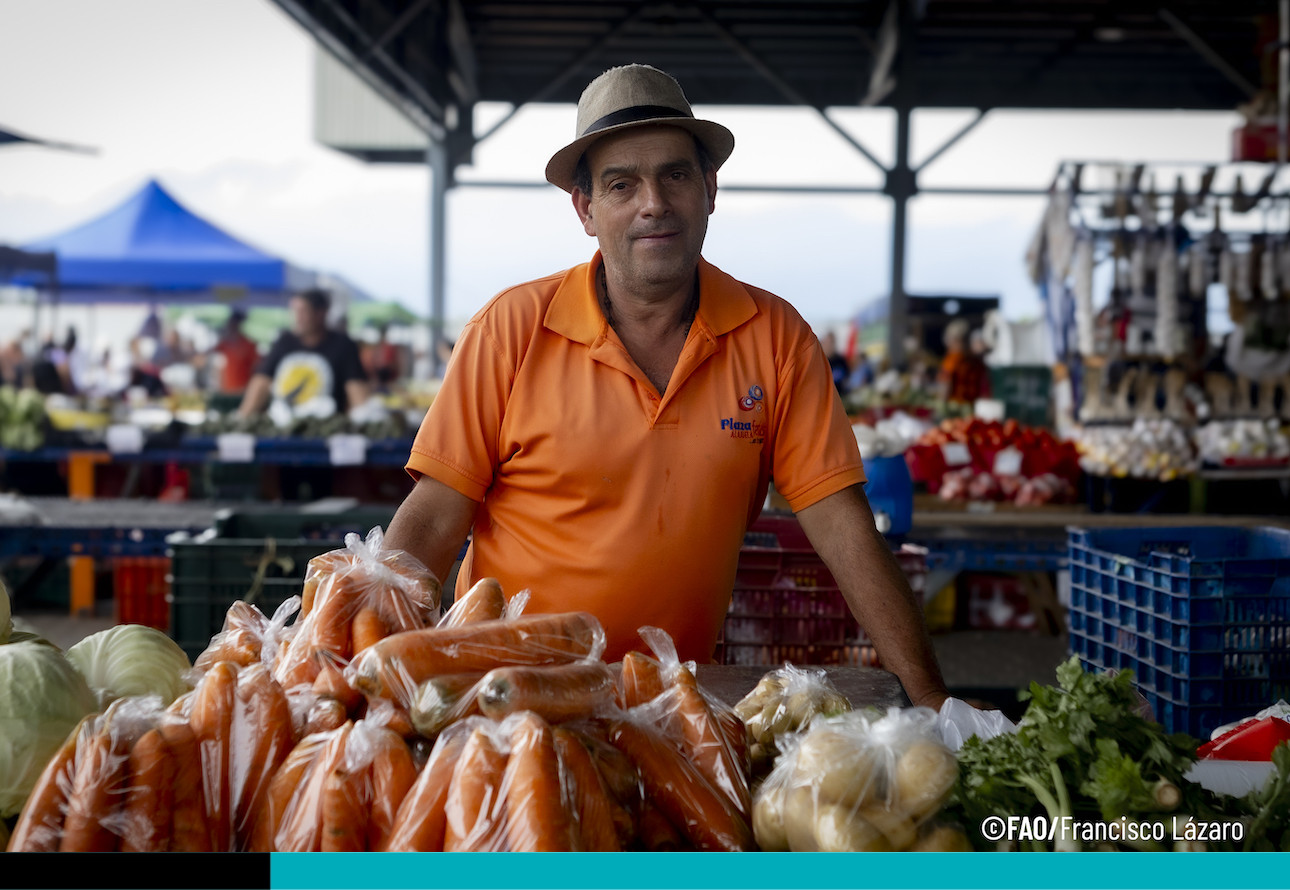QCOSTARICA — Luxury vehicles, luxury homes, properties, high educational expenses, certain credit cards, and loan payments can be the trigger for a review by the Costa Rica tax authorities.
These are external signs of wealth or ostentation of well-being, whether in your personal name or in the name of a company can contribute to building your profile as a taxpayer.
Your expenses or financial transactions reflect a lifestyle and an existence of income that should be consistent with what you, as a taxpayer, or your company, declare to the Tax Administration.
– Advertisement –
Through auditing and cross-checking databases or information, surveillance is reinforced to ensure that individuals and entities with high levels of income and assets contribute equitably to the country’s tax system.
“Identifying external signs of wealth, such as the type and location of property, education expenses and consumption patterns, is essential to ensure that tax returns accurately reflect the real economic capacity of taxpayers,” explained Carlos Camacho, partner of Grupo Camacho Internacional, experts in taxes, strategy and finance.
“The Ministerio de Hacienda (Ministry of Finance) is intensifying its focus on the analysis of information from various third parties, including municipalities and reports from financial entities, to corroborate the data indicated in tax returns,” added Camacho.
In the audit processes, by cross-checking information with third parties, the Tax Administration analyzes the income and expenses of taxpayers from different perspectives. Some of this information may be:
- Review of municipal and financial information: An exhaustive follow-up is carried out on the classification of housing, financing and loan applications to verify the congruence with the reported income.
- Monitoring of educational expenses: School, college and university expenses are monitored to evaluate the correspondence with tax returns.
- Financial transaction analysis: Credit and debit card activity is evaluated, both nationally and internationally, to detect possible discrepancies.
- Compliance with Tax Reform and Global Income: As of the Tax Reform of October 2023, your savings, investments and operations abroad could also be subject to income tax. Costa Rica exchanges tax information with 199 countries, which facilitates the detection of non-compliance.
- Supervision of Inactive Companies: Your assets (properties, land, investments and others) in inactive companies are also visible to the Tax Administration, thanks to the identification of the final beneficiary with the shareholder registry and the informative declarations of inactive companies, which must include the details of the assets that the entity has.
“There is a continuous effort to reform the Costa Rican tax system and reduce the gaps in tax collection with the implementation of technology, hence projects such as Digital Taxation.
“The important thing is that we understand that the Tax Administration already has the information with which they can analyze you. These are measures that, when implemented effectively, ensure a fairer and more efficient tax system,” Camacho said.
– Advertisement –
It is important for every individual, in collaboration with their tax advisor, to create a comprehensive inventory of all their tangible and intangible assets, as well as to account for expenses related to their lifestyle, “standard of living,” such as hobbies and leisure activities, including art, culture, and sports, to ensure that their reported income aligns with their assets and spending patterns.
This information is essential to assess the risk of a possible audit and ensure that tax returns accurately reflect the taxpayer’s real economic capacity.
– Advertisement –
Source link
Rico



